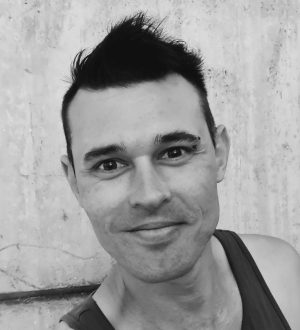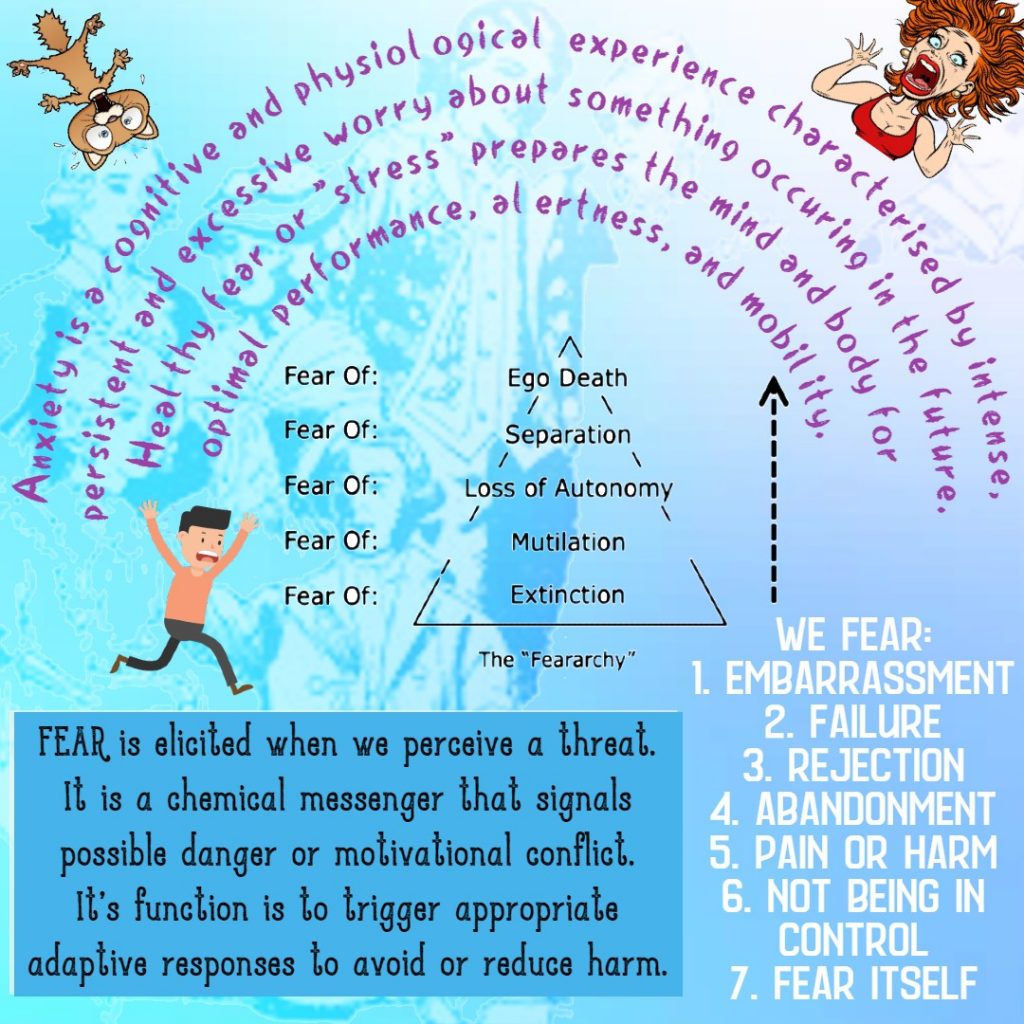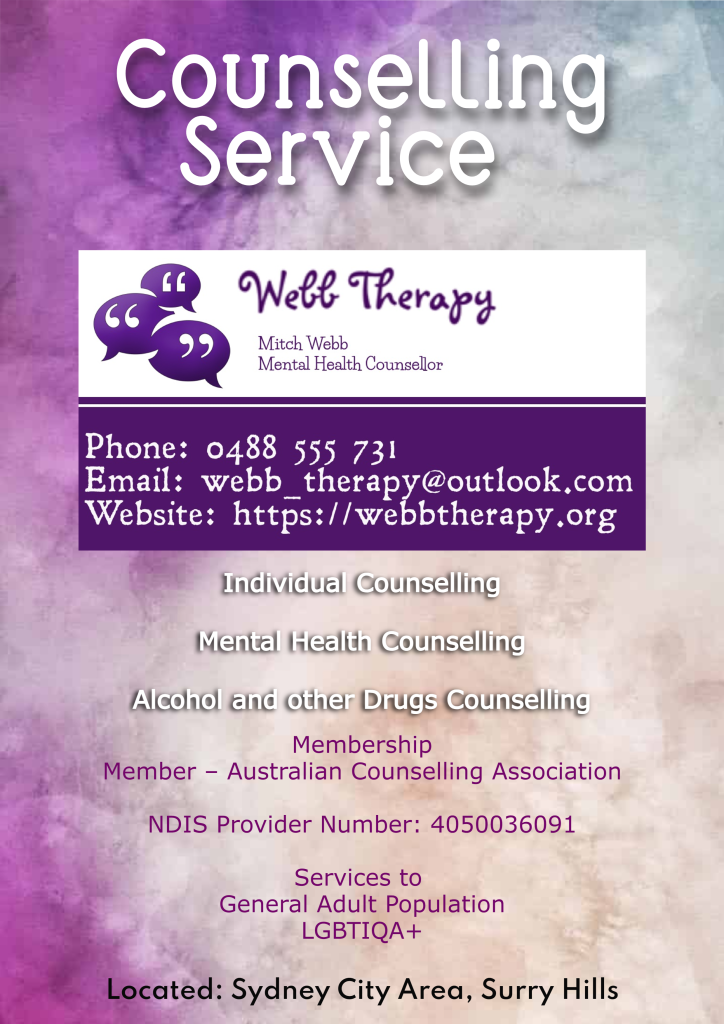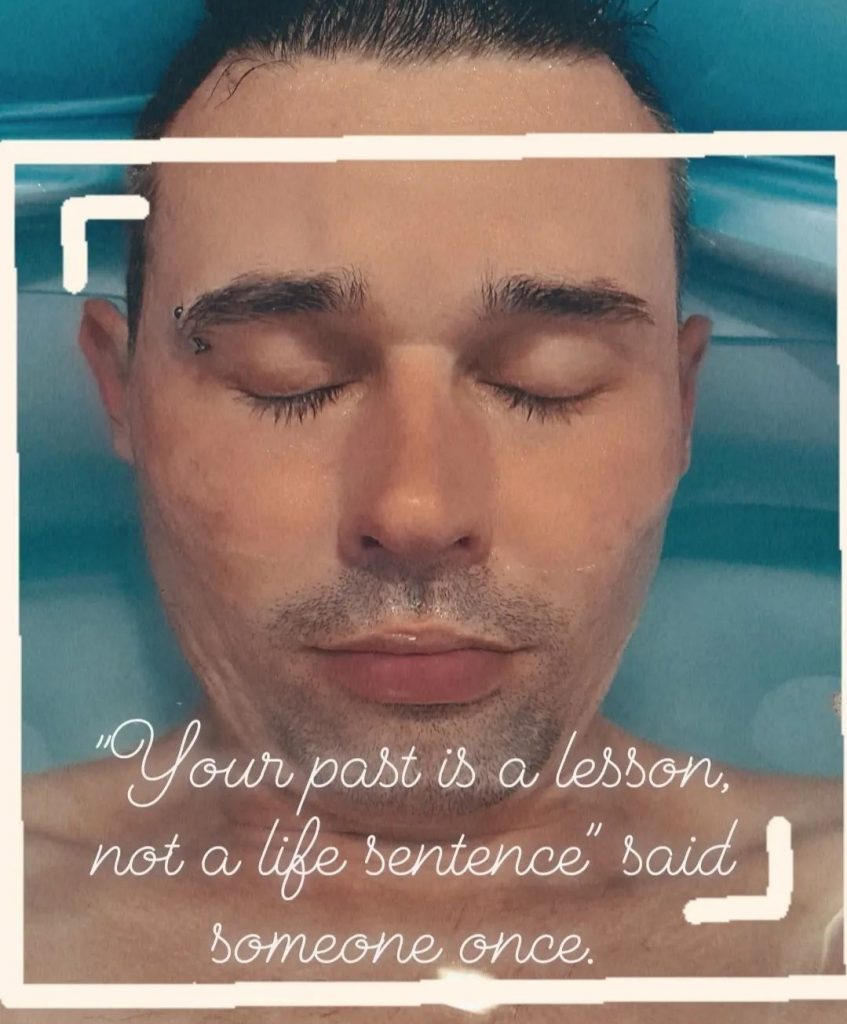Webb Therapy is a casual and confidential, talking therapeutic process dedicated to supporting people who are experiencing anything, and want to talk about it.
I specialise in substance use disorder (addiction) and recovery, emotion regulation, general stress and behavioural change.
Location: Sydney City
Please Phone 0488 555 731 to schedule a booking.
Price: $120.00 for a 60 minute session. Please enquire if you are a low income earner or receiving Centrelink benefit.




